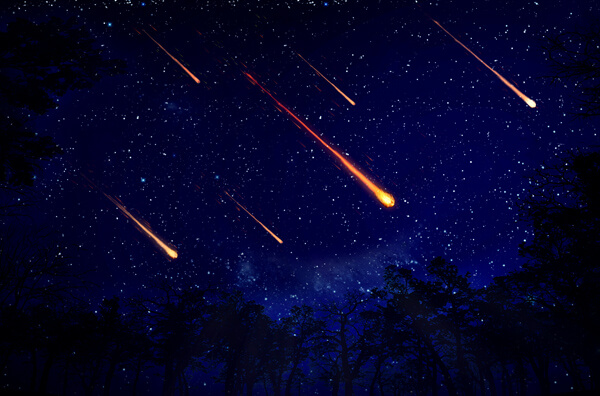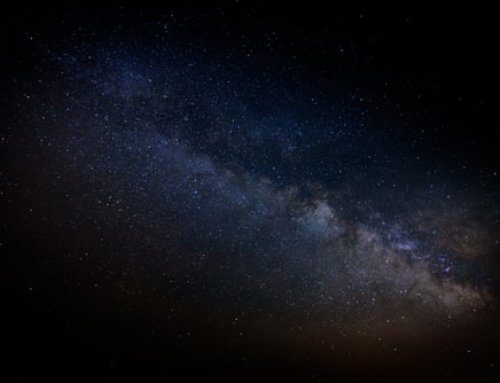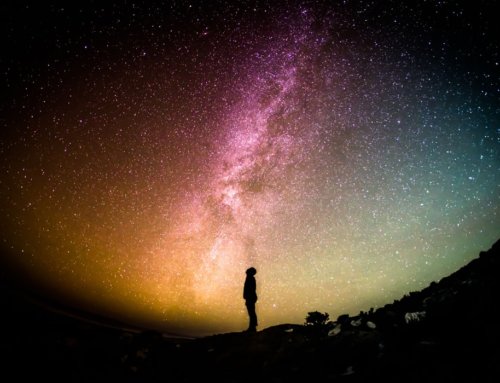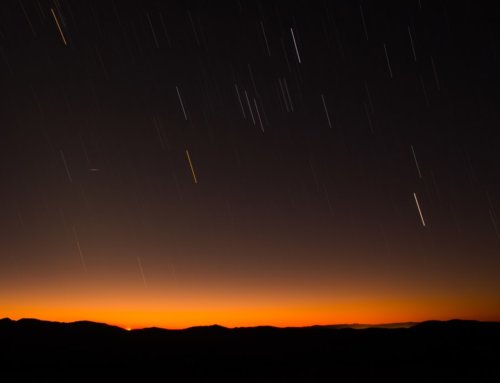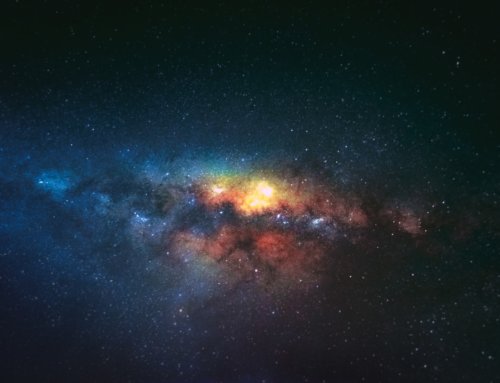Space, as I’ve mentioned before, is an incredibly strange void. Although we know a great deal about space and it functions relatively routinely, there are still some aspects and events that almost defy expectations. Because of this, space offers some of the strangest and most unique events known to man. Being the astronomy fanatic that I am, I figured I would highlight just a few of the natural events that occur miles above our heads.
Meteor Shower Moon Impacts
Every year, the Perseid Meteor Shower passes by Earth’s atmosphere and offers a dazzling show to sky-watchers. However, this annual meteor shower can actually cause an even more fascinating event: lunar impacts. Because of the Moon’s lack of atmosphere, it can not really prevent any projectiles from striking its surface. After studying over 100 lunar impacts from meteors and space debris in 2005, NASA has been using that data to better inform astronauts. Although they cannot predict the impact locations precisely, they can understand the patterns and help to avoid high-impact areas.
Also, all you need is a run-of-the-mill telescope and a clear view of the moon, and you can potentially see the impacts as they occur.
Small Galaxies, A Lot of Stars
When thinking of space, you generally assume that galaxies hold stars, and the larger the galaxy, the more stars it holds, right? Well, you’d be wrong. According to extensive research conducted on both large and small galaxies (also known as dwarf galaxies), it has been found that dwarf galaxies actually produce stars at a much faster rate than larger galaxies. In fact, dwarf galaxies can double the amount of stars they hold in only 150 million years, compared to one to three billion years for a normal-sized galaxy. Unfortunately, Astronomers do not yet have an explanation for this, but they are still working hard to unlock the secret of dwarf galaxies.
A Tasty Dust Cloud
Because of just how vast space is, it is possible for it to hide any number of things that no human would ever dream up. And a recent discovery of a gas cloud proves this point tremendously. Scientists have discovered a gas cloud near the center of our universe, the Milky Way, that is chock full of ethyl formate. At first glance, that may sound like a standard scientific sentence, but when you delve deeper, you realize just how strange (or tasty) this dust cloud is. For those unaware, ethyl formate is the dominant compound found in raspberries and rum. This means that, somewhere near the center of our universe, is a dust cloud that smells like rum and tastes like raspberries!
Space is a curious place. While we know a great deal about it, there is still so much to learn. Hopefully, as we continue to advance our technology, we will be able to unlock even more of its secrets and discover even stranger events.

